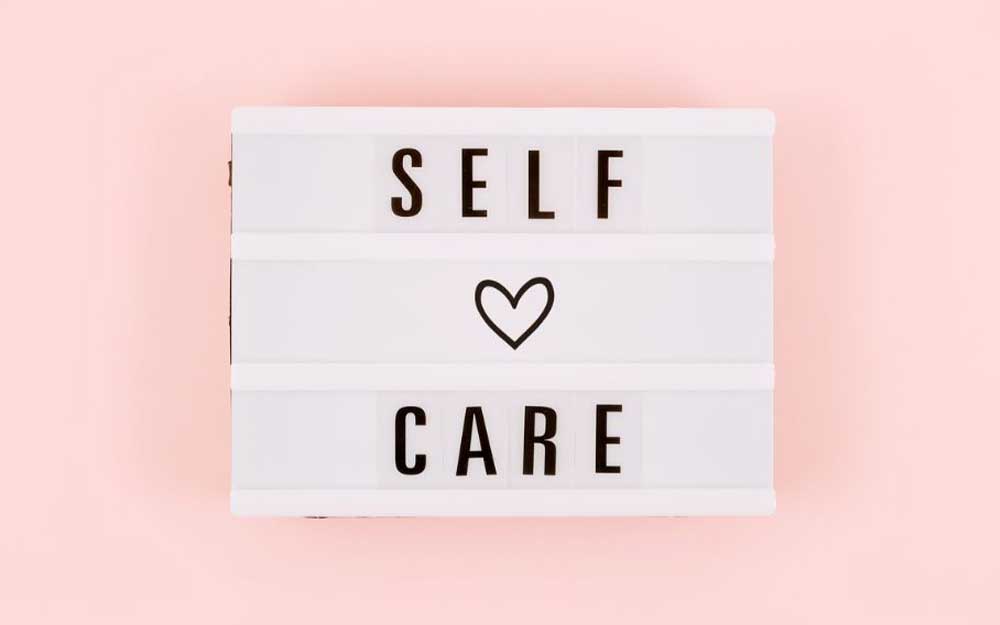By Elizabeth Shaw, LCSW, CSAC, ICS, Mental Health and Addiction Recovery adult outpatient care, West Allis
As a mental health expert, self-care is critical for me, but it’s important for all of us. I’d like to share what works for me and encourage you to give some intentional thought to your plan for self-care.
What is self-care?
Self-care involves the basic things we need to do so to be able to function at top effectiveness, whether that’s at home, at work, as a friend, employee, or parent. It’s as essential as going to the dentist, changing my clothes, and eating.
Self-care is not a treat I reward myself with after I’ve done a good job at something. It can’t be at the bottom of my to-do list that I may or may not get to after I’ve done a hundred other things. I think that’s backwards.
We need to practice self-care on a regular basis. It’s like going to the gas station. I can’t just go once and expect that my vehicle is never going to need gas again.
How do I practice self-care?
I think about what’s referred to as a “wellness wheel.” There are a million different versions of it, but essentially, it’s a circular diagram that looks like a sliced pizza, and each wedge is a different aspect of a human being – spiritual, physical, intellectual, mental, emotional, social, occupational. To me, self-care is doing something every day that attends to one or more of those wedges.
Self-care should have a lasting effect on other aspects of my life. I don’t just work out to lose weight. I work out because I think more clearly, sleep better at night, and I’m happier. I go to bed at a certain time, even though I’d like to stay up later, because I’m friendlier, and I do a better job getting things done.
Self-care can be taking a break from looking at my monitor and spending seven minutes on the jigsaw puzzle that’s sitting in my dining room table. If I’ve mismanaged my day, or I just can’t exercise like I had planned, then I’m just going to walk around the block. Many small things are better than a big, but unachievable, goal.
How do I get started?
Reflect on when you feel, or felt, the best. When did you have better days at work? When were you more able to detach from situations that normally would make you a little irritable? What days did you have higher self-esteem and feel less afraid to wade into things that you know you must attend to, but you’d rather not. When did you get a better night’s sleep? Most people are doing some self-care, but they don’t realize it. See if you can identify what you’re doing, then be intentional about continuing.
Consider basic categories in your life. I recommend:
- Doing something physical
- Having regular social connection
- Practicing mindfulness meditation
What are the benefits?
I think good mental health is made up of all the things you do for self-care. It’s the many safety nets that hold you up. We give to our kids, spouses, bank accounts, and our pets. We need to take time to give to ourselves.
By practicing self-care, we’re more resilient. We’re better able to handle what comes our way without being reactive. We may have increased self-esteem. We are more likely to back our ourselves up and care more about ourselves when difficult things happen. I think that if I’m good at self-care in terms of fostering relationships with other humans, then when the chips are down, I have those people to rely on. I believe I’m a better, nicer person when I practice self-care, which means I’m a better person for other people.
I put myself first, and that’s a way to be able to put my kids, my husband, and my job at a very close second.


